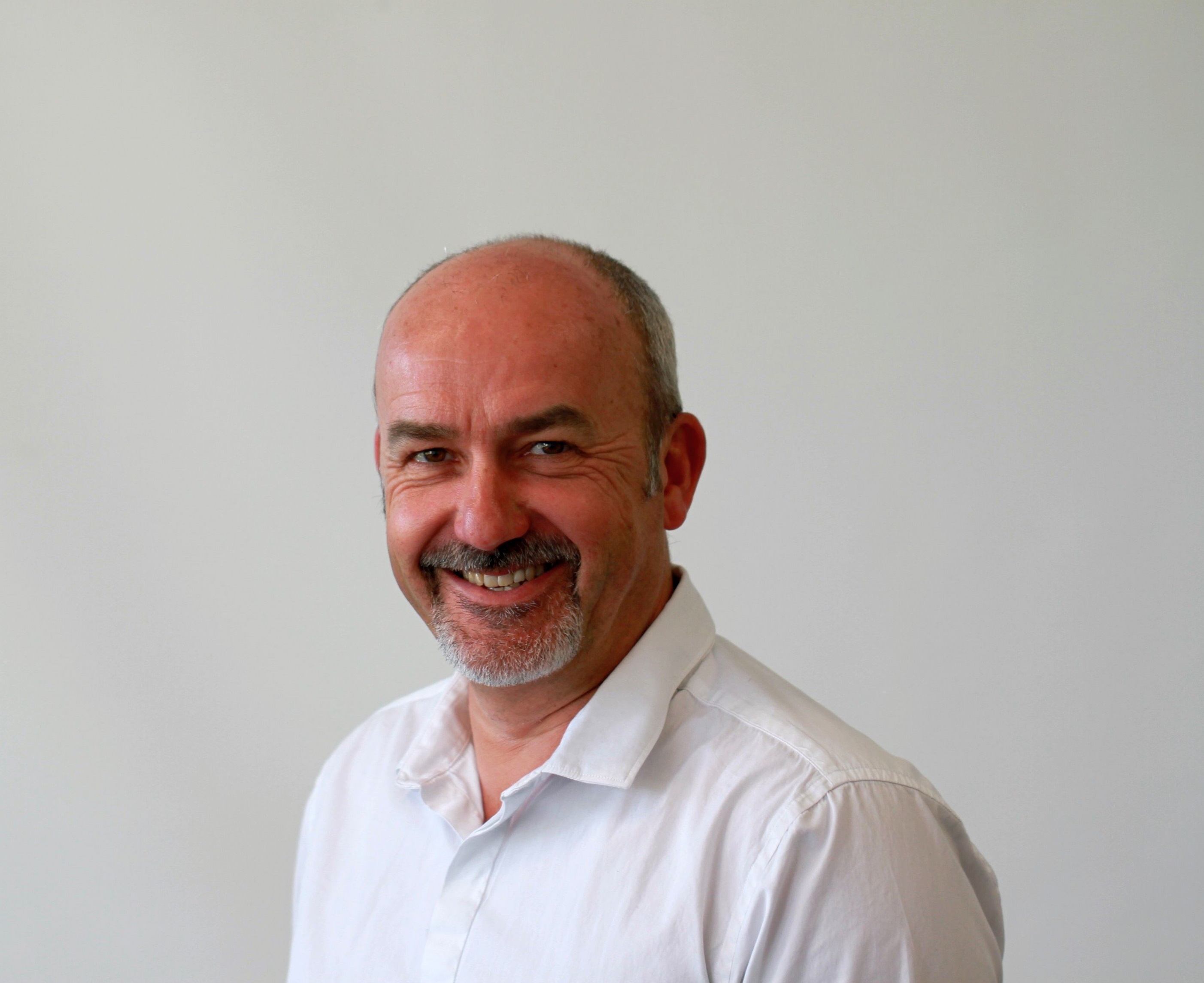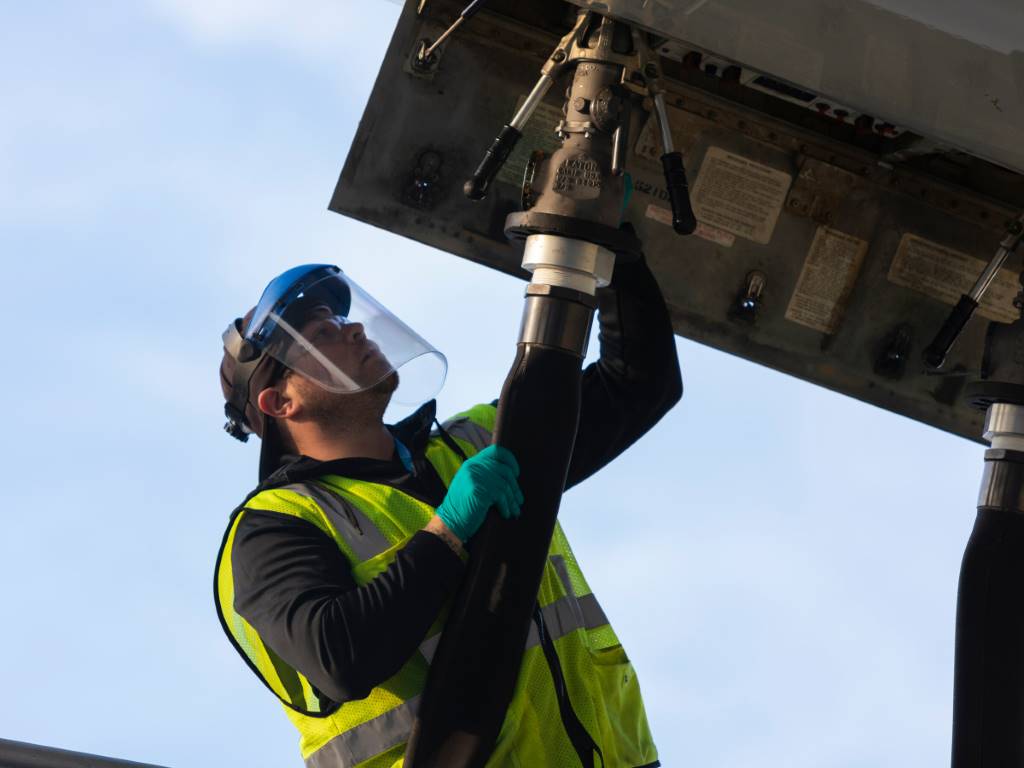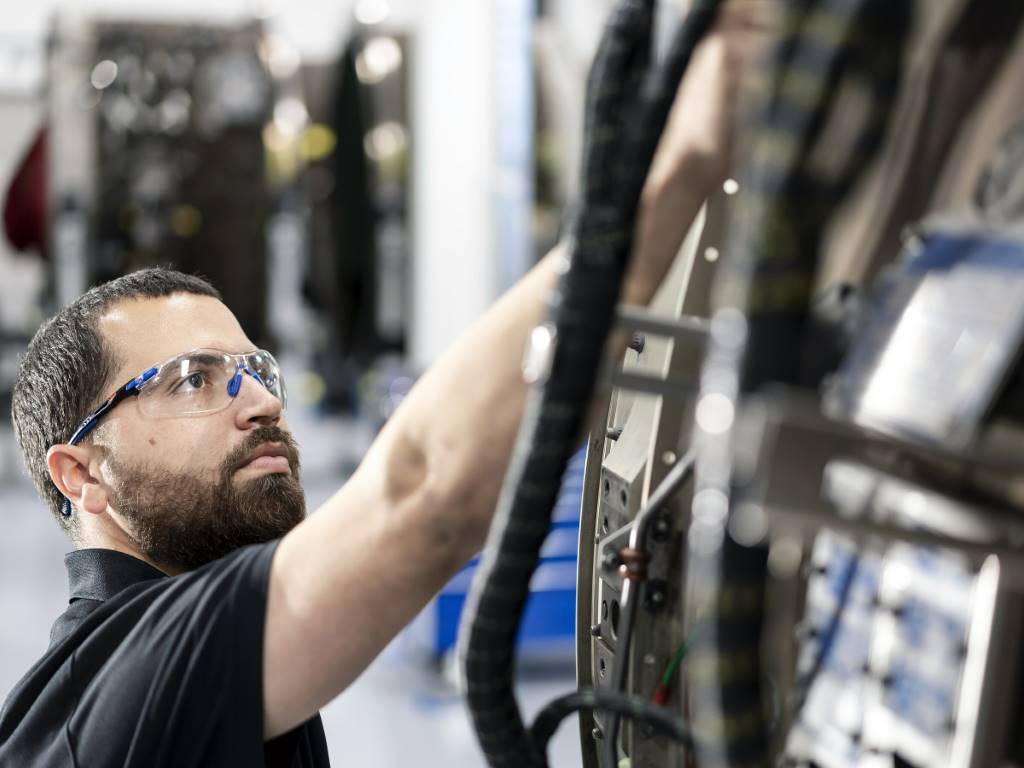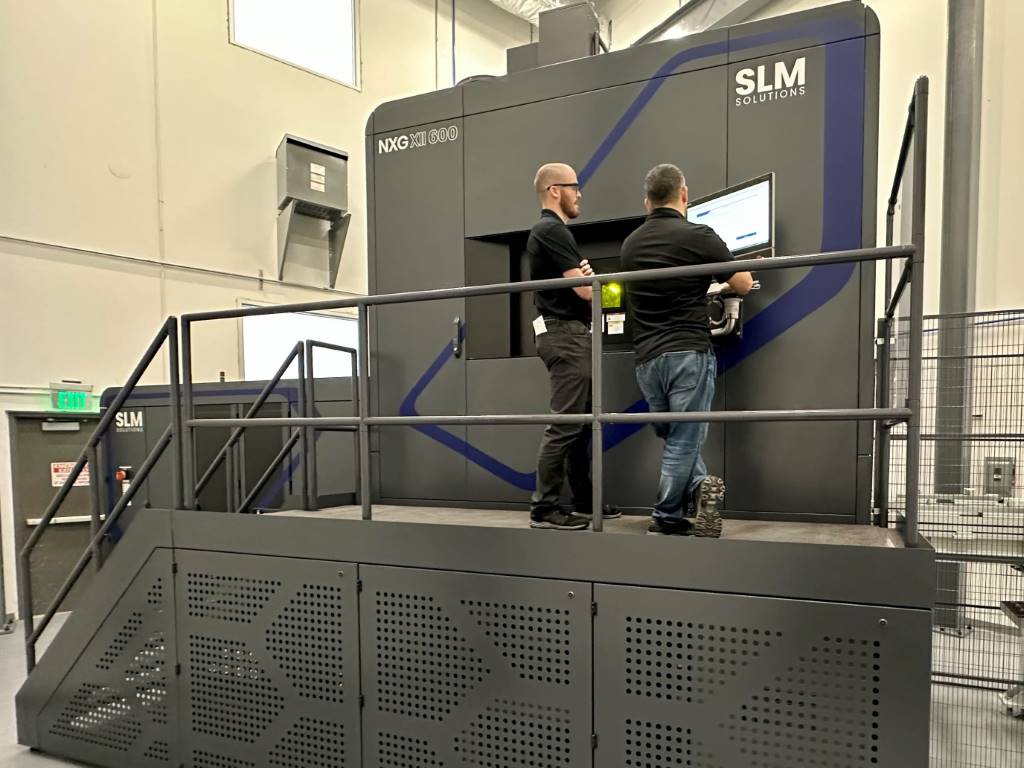Future net-zero necessities

COP26 underlined the need for a net-zero future in aviation and aerospace. But following a particularly testing period for the sector, how can we hope to come to a solution? The answer, according to Ian Risk, chief technology officer at the Centre for Modelling and Simulation, lies in collaboration and innovation.
Aerospace has faced challenges on almost all fronts since the coronavirus pandemic began. Now, at a time when the industry was beginning to recover from the previous 18 months, the arrival of the Omicron variant threatens further disruption for the sector.
Yet, the drive to reduce carbon emissions remains as important as ever following COP26 with the UK Government’s commitment to reach net zero aviation by 2050.
Flight, manufacturing, even airport terminals, all have significant environmental footprints which require innovative solutions. There have been countless discussions around optimal fuel types, with a broad agreement that synthetic aviation fuel is the only current option for long-haul, especially when you consider the size and costs of adapting existing fleets.
Despite this, from an engineering design perspective, it is the opportunities for hydrogen or electric powered flight in the short-haul and regional market which are particularly exciting.
A new way of working
Exploring these options at a time when the industry faces challenges on many fronts requires investment in the skills necessary to make the significant changes required. This means the industry needs to work differently and collaboration is essential.

Calling for more funding to invest in skills and capabilities can be challenging. Massive technological disruptions are happening in the race for net zero in every key industrial sector, and new tools are needed to develop this new generation of products. In short, current technology alone cannot deliver what is required – so industry must think differently.
The Aerospace Technology Institute (ATI) FlyZero programme – an ambitious project to help UK aerospace develop a zero-carbon emission aircraft by 2030 – is leading the way both in technological research, and in removing barriers to bring industry together. The programme connects supply chain expertise with academics, combining their knowledge to address the task at hand, looking at the design challenges as well as marketing the opportunity of zero-emission aircraft concepts.
FlyZero aims to determine the technical and commercial viability of a future zero-carbon emission aircraft design. The Centre for Modelling and Simulation (CFMS) has been working with the Programme to demonstrate how digital technology can best be used to model and simulate design options which can help move the industry forward in a sustainable manner. With many other industries having already made public commitments to net-zero targets, FlyZero clearly demonstrates that UK aerospace doesn’t want to get left behind.
Just last month, the Institute unveiled concepts for a one-stop, zero-emissions aircraft that has the potential for consumers to fly anywhere in the world in a carbon-free flight – using liquid hydrogen as a fuel source.
However, FlyZero is more than an important milestone on the journey to zero-carbon flight. It also represents a new departure for the industry. In the past, the commercial barriers between businesses have meant organisations have been naturally cautious about sharing information so cross-industry co-operation on this scale has simply not happened without the formation of large-scale joint ventures. FlyZero is breaking down those barriers by bringing together over 100 experts from the industry as secondees to the project.
The progress being made by this new community is an encouraging sign for the future of the industry. It tears up the rule book of how aerospace businesses work together and provides a new model for co-operative working which will really leverage the skills and capabilities of our world-leading aerospace industry – leading to innovations like the world’s first commercial-scale flight of an aircraft using hydrogen-electric fuel and, importantly, putting plans in place to bring this to life with major commercial contracts with airlines and airports globally.
There is no single solution to the industry challenge, but with the new resource pool created by FlyZero, creating access to knowledge from across the sector, the potential to solve it is huge. FlyZero provides more capability and collective power than any other industry community that’s been put together before.
Enhancing innovation
The success of the aerospace industry has long been built on innovation and better collaboration through initiatives like FlyZero will only serve to enhance that in ways which could be transformative at a time when the industry needs to adapt the most.
When it comes to the race toward electric-powered commercial flight there have been many exciting developments within the sector. At the tail end of 2021, Rolls-Royce embarked on its record breaking fully electric flight with the aptly named ‘Spirit of Innovation’ aircraft, which achieved speeds of 387.4mph during test runs. This marked a significant 132mph increase from the previous record set in 2017 by Siemens.

Following COP26, the drive to reduce carbon emissions remains as important as ever
But fuel sources should not be the sole focus for innovation. For example, aircraft wing design plays a dominant role in defining overall performance. Improving this will contribute to the aircraft’s efficiency, reducing emissions and noise.
CFMS has been working in close collaboration with Airbus and several other consortium partners on the Development of Advanced Wing Solutions (DAWS) project, researching novel solutions to reducing emissions associated with current aircraft architectures. It is hoped the project will help to strengthen the UK's position as a centre of excellence for large aircraft components and associated systems. Our expertise in Artificial Intelligence, Advanced Simulation and High-Performance Computing (HPC) focuses on defining and evaluating the environmental impact of a range of potential aircraft applications, as well as developing elements of the design process.
An industry-wide solution
By 2030, we’ll be just 20 years away from the Jet Zero target, so we can’t take our foot off the pedal. Developing more flexible systems which encourage collaboration and using technology to evaluate how and when investment is made must be a priority. The problem does not belong to any one company; information must be shared throughout industry, with approaches investigated and adopted willingly.
Despite a traditionally cautious approach to information sharing, it’s become clear that collaboration is essential in developing innovative solutions to an industry-wide challenge at pace. Only by joining forces, can we hope to come close to forging an environmentally-friendly path forward.













